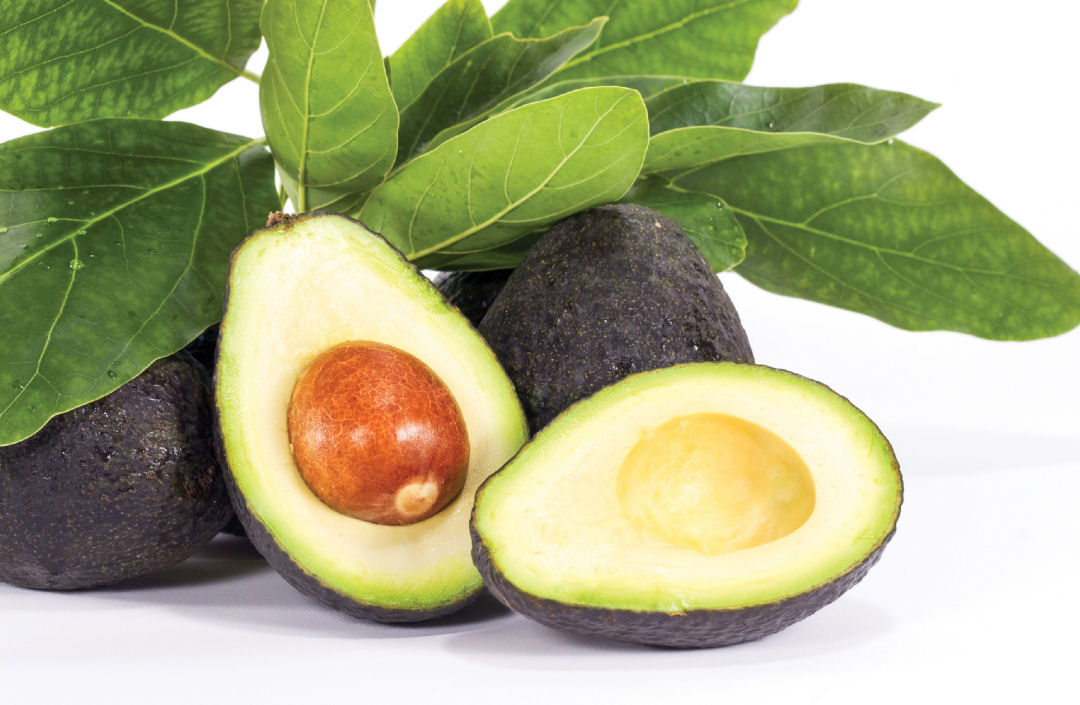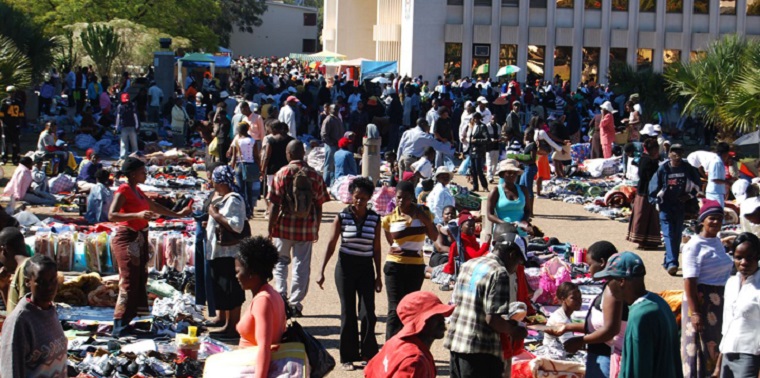Avocados are commercially valuable and are cultivated in tropical and Mediterranean climates throughout the world. They have a green-skinned, fleshy body that may be pear-shaped, egg-shaped, or spherical. Commercially, they ripen after harvesting. Avocado trees are partially self-pollinating and are often propagated through grafting to maintain predictable fruit quality and quantity. Avocados are rich in protein, carbohydrates, vitamins, and minerals, while the oil content consists of polyunsaturated fatty acids and is a considerable percentage of the daily nutrient requirements and makes an important contribution to a balanced diet.
In 2017, Mexico produced 34% of the world supply of Hass type avocados….you can imagine. Avocado production in Mexico is a billion-dollar industry that has drawn the attention of drug lords and gangs to form cartels to control avocado fruit trade. In Zimbabwe, avocado production has a lot of potential to earn the country foreign currency .“Avocados from Zimbabwe are being sought after worldwide and what is required is to commercialize our products to come up with the critical market to sustain global demand.

Currently, Manicaland is dominating the volumes. Manicaland is unique, it has natural regions One to Five, and the focus really should be on appropriate varieties that are on-demand in China, Russia, India, the Arab world and other European markets. Zimbabwe has an edge over other African countries given its clean and non-GMO agricultural environment. Do you have lots of space lying idle try avocado production especially the Hass type avocado and try to grow it organically free from pesticides and chemicals. Did you know that According to Transparency Market Research (TMR), the global avocado market was valued at US$13.64 bn in 2018 and is predicted to attain an overall value of US$21.56 bn by 2026 can you imagine what Zimbabwe can achieve if we can tap into that kind of a market.
You can start with about 100 seedlings. The rule of thumb is to always have quality seedlings you can buy from reputable suppliers such as Amorentia Zimbabwe Nursery they supply good seedlings. Although avocado trees tolerate both acidic and alkaline soils, the best pH range for a successful tree ranges between 6 and 6.5, this slightly acidic range can be achieved by amending the soil periodically with lime or sulfur, depending on the pH reading from an accurate meter. Site selection is of prime importance and soil should be deep and well-drained. Apply base fertilizers (lime, gypsum, phosphate) according to soil analysis. Depending on the site, pan breaking, drainage, and deep ripping (to a depth of 60 cm) may be required
Avocado trees respond very well to heat, with warm soils promoting optimal root growth. For this reason, we recommend planting between mid-October and mid-March in summer. Planting outside these periods is possible but extra care to protect from frosting and maintaining leaf quality is necessary. Spacing depends on factors such as climatic conditions and soil fertility. It may range from 6m by 7m to 8m by 10m. The planting holes should be around 60cm to 70cm. When you plant your seedlings follow advice from an agronomist or any other expert advice for instance on drenching, spacing requirements, etc. Regular tree inspection and moisture management are of great importance to check progress and growth. Weeds reduce competition for both water and nutrients. Weed control can be done by cover cropping, mulching, and mechanical cultivation.
Any avocado tree must reach a certain age before it can bear fruit. Trees sold commercially are grafted from mature avocado varieties and produce fruit more quickly and reliably than trees grown from seed. A tree grown from an avocado pit will take at least 10 years old, and farmers may have to wait up to 15 years. Hass avocado maturity period is considered to be less and can take as much as three to four years to bear fruits. Each tree is expected to produce about 200-300 fruits per year and fruits increase with age.
Avocado growing is a long-term investment, and therefore there is a need to be careful when venturing into it. Hass avocado is mainly cultivated by both small scale and large scale farmers in Zimbabwe. Previously, avocados were only sold in local markets but this has significantly changed over the years, where a big percentage of the avocado grown are now exported to other countries. Most of the avocado farmers are found in Manicaland province. So if you can capture the export market and produce high-quality avocadoes then there is space for you.







